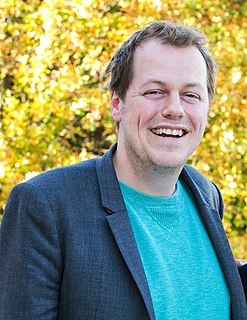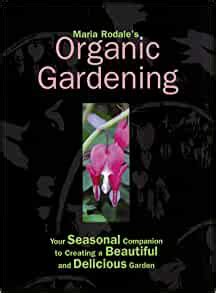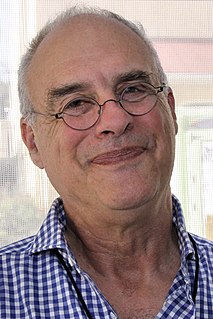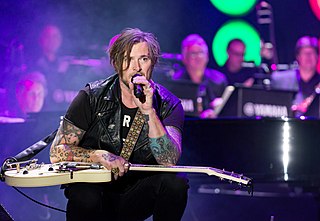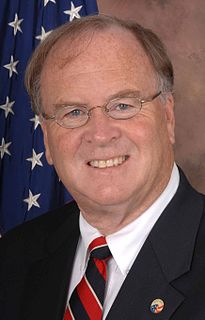A Quote by J. J. Cale
I'm an electronic manipulator. Most people think J.J. Cale, he's organic. There ain't nothing organic about me.
Quote Topics
Related Quotes
Organic Oreos are not a health food. When Coca-Cola begins selling organic Coke, as it surely will, the company will have struck a blow for the environment perhaps, but not for our health. Most consumers automatically assume that the word "organic" is synomymous with health, but it makes no difference to your insulin metabolism if the high-fructose corn syrup in your soda is organic.
Organic is something we can all partake of and benefit from. When we demand organic, we are demanding poison-free food. We are demanding clean air. We are demanding pure, fresh water. We are demanding soil that is free to do its job and seeds that are free of toxins. We are demanding that our children be protected from harm. We all need to bite the bullet and do what needs to be done—buy organic whenever we can, insist on organic, fight for organic and work to make it the norm. We must make organic the conventional choice and not the exception available only to the rich and educated.
I really enjoy writing lyrics, I enjoy harmonies and I enjoy hearing the organic side of production because I have to do so much non- organic for a living for other artists, it's just a break for me, for my ears and it confuses people that think my music is supposed to sound like the stuff I do for my day job, but that's just people that don't know me.
There's a lot of research that suggests that organic yields are close or superior to conventional yields depending on factors like climate. In a drought year an organic field of corn will yield more - considerably more - than a conventional field; organic fields hold moisture better so they don't need as much water. It simply isn't true that organic yields are lower than conventional yields.


